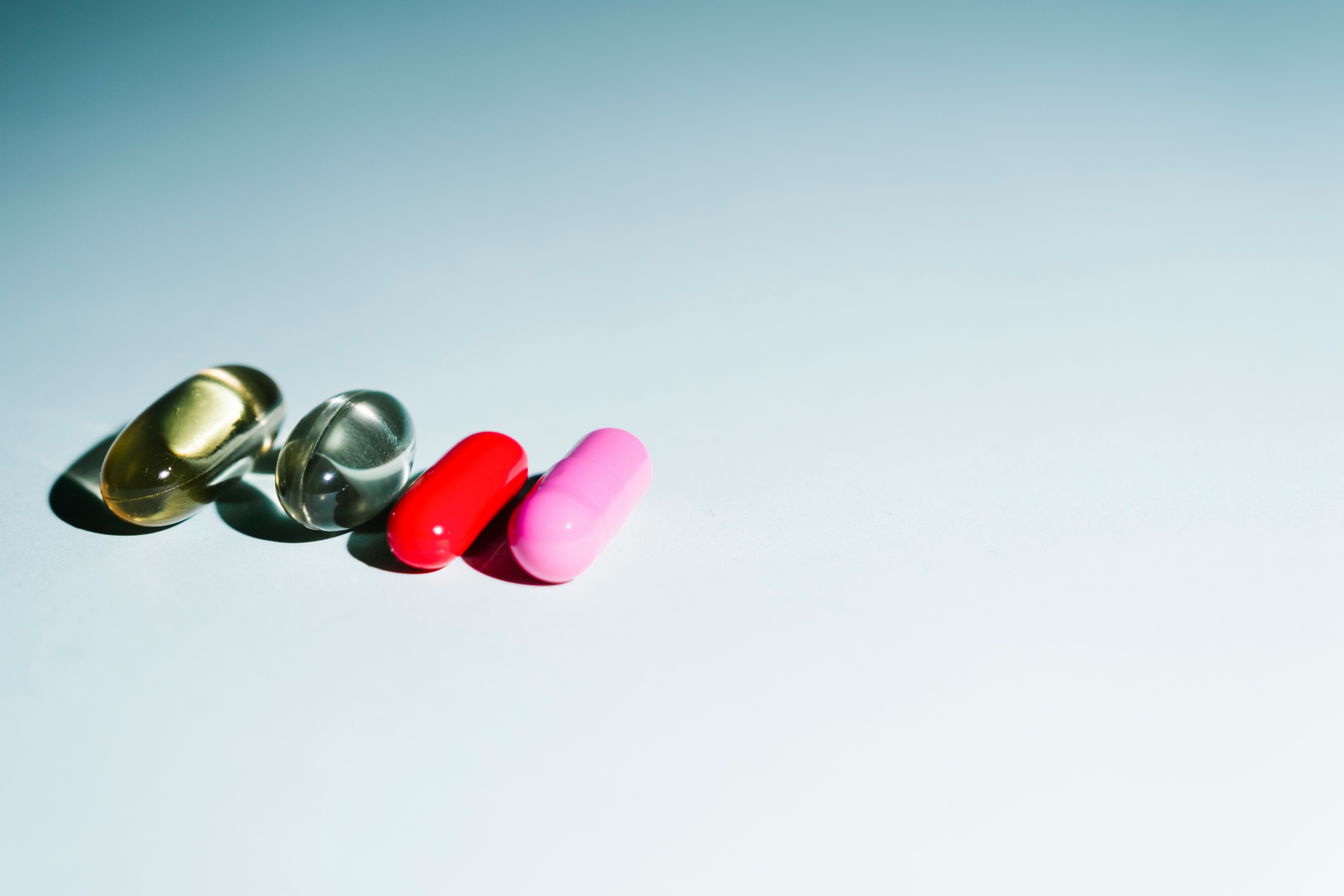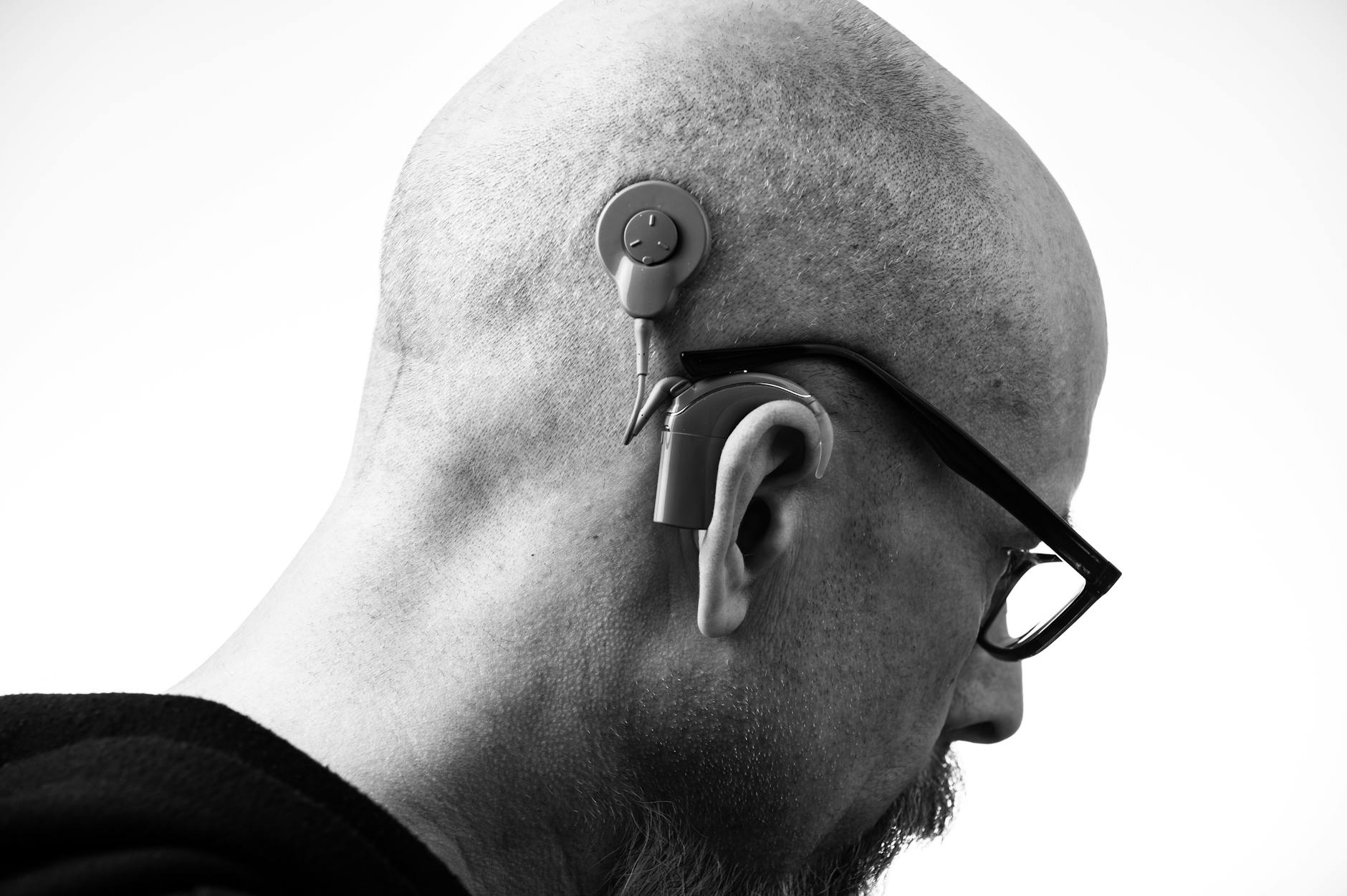If you’ve ever been tempted by a late-night ad promising to “restore perfect hearing” with a secret herb, you’re not alone. When your ears ring or conversations get fuzzy, it’s human to hope a simple capsule could set things right. Here’s the reassuring truth: you have real, practical ways to protect and support your hearing—many of them free—and you can skip a lot of expensive bottles along the way.
The quick take
- There is no supplement proven to reverse typical sensorineural hearing loss or “cure” tinnitus.
- A few nutrients may help in specific situations (for example, magnesium around loud noise exposure or B12 if you’re deficient).
- Some popular products have weak or negative evidence (like ginkgo for tinnitus).
- High doses and interactions can be harmful. Always check with your clinician and don’t delay urgent ear care.
- The biggest wins for your ears usually come from noise protection, cardiovascular health, good sleep, and smart hearing habits.
Why a pill rarely fixes hearing
Most adult hearing changes happen in the inner ear’s delicate hair cells and the auditory nerve. Once these structures are damaged, they don’t regenerate. Supplements can support overall health and sometimes protect against oxidative stress, but they can’t rebuild lost hair cells.
That said, nutrition still matters. The inner ear is energy-hungry and sensitive to blood flow. Diet patterns that support heart and brain health tend to support hearing over time. The key is separating realistic benefits from marketing promises.
What has some evidence (with realistic expectations)
Magnesium for loud-noise exposure
Why it’s discussed: Magnesium helps regulate calcium flow into hair cells and may reduce noise-related oxidative stress.
What studies suggest: Some small trials suggest magnesium might reduce the temporary threshold shift (the “muffled” feeling) after loud sound. It’s not a cure, and results are mixed.
Best use case: As part of a prevention plan if you’re frequently around noise (concerts, clubs, power tools). It’s not a license to skip earplugs.
Talk to your clinician before trying, especially if you have kidney issues or take medications that affect magnesium.
N-acetylcysteine (NAC) and antioxidants for noise
Why it’s discussed: NAC is an antioxidant precursor that may help neutralize free radicals generated by loud sound.
What studies suggest: Human data are limited and inconsistent. Some controlled trials in high-noise environments showed modest protective effects; others didn’t. Animal data are stronger than human data.
Best use case: Possibly before unavoidable loud exposures, in addition to proper hearing protection. Not a treatment for established hearing loss or tinnitus.
Vitamin B12 and folate—if you’re deficient
Why it’s discussed: Low B12 can cause neurological symptoms and is associated with tinnitus and hearing complaints in some studies.
What studies suggest: Correcting a documented deficiency can improve overall nerve health and may ease symptoms for some people. Supplementing without deficiency hasn’t shown consistent hearing benefits.
Best use case: If bloodwork shows low B12/folate (more common with vegan diets, certain medications like metformin, or malabsorption). Ask your clinician about testing rather than guessing.
Omega-3s and a heart-healthy pattern
Why it’s discussed: Better vascular health supports cochlear blood flow.
What studies suggest: Observational research links fish-rich, Mediterranean-style eating with a lower risk of age-related hearing loss. Supplements can help if you don’t eat fish, but whole-food patterns likely matter most.
Best use case: Build a weekly pattern of fish (or fortified alternatives), vegetables, legumes, whole grains, nuts, and olive oil. Think lifestyle, not a single capsule.
Vitamin D (specific contexts)
Why it’s discussed: Vitamin D supports immune function and bone health.
What studies suggest: In children with frequent ear infections, vitamin D can reduce episodes. For adult hearing loss/tinnitus, evidence is limited. Good vitamin D status still benefits overall health.
Best use case: If you’re deficient based on a blood test or have risk factors for low D. Avoid megadoses unless prescribed.
Melatonin—for sleep when tinnitus is loud at night
Why it’s discussed: Melatonin can improve sleep onset and quality in some people; better sleep often makes tinnitus more manageable.
What studies suggest: Small trials suggest melatonin may help tinnitus-related sleep problems. It doesn’t “turn off” tinnitus, but feeling more rested can lower distress.
Best use case: Short-term use for sleep with guidance from your clinician; combine with good sleep hygiene and gentle nighttime sound (like a fan or sound app).
What likely doesn’t help (based on current evidence)
Ginkgo biloba for tinnitus or hearing
Ginkgo is heavily marketed for ringing in the ears. High-quality reviews have not found consistent benefit over placebo for tinnitus or hearing. It also thins blood and can interact with anticoagulants and antiplatelet drugs.
Zinc for tinnitus
Unless you’re zinc-deficient, studies don’t show reliable tinnitus improvement. Excess zinc can cause nausea, interfere with medications, and lead to copper deficiency over time.
High-dose “antioxidant blends”
Many proprietary mixes cite animal data or small human studies but don’t show robust, repeatable benefits. Some fat-soluble vitamins (A, E) can be harmful in high doses.
Herbals with big promises and tiny evidence
Curcumin, resveratrol, and similar compounds show interesting lab effects but haven’t demonstrated meaningful, consistent hearing improvements in people. Be wary of products claiming “nerve regrowth” or “toxin flushes.”
What can actually harm your ears (or health)
- Drug interactions: Ginkgo, garlic, and high-dose vitamin E can increase bleeding risk; St. John’s wort alters how many drugs are processed. Always check interactions.
- Willow bark and salicylates: Aspirin-like effects can aggravate ringing at higher doses.
- Excess zinc: Long-term high-dose use may cause copper deficiency and neuropathy.
- Megadoses: Fat-soluble vitamins (A, D, E, K) accumulate and can be toxic.
- Delaying care: Sudden hearing loss or sudden, new severe dizziness is urgent—do not self-treat with supplements. Seek immediate medical attention.
Lifestyle moves that beat most bottles
These give you the biggest return on effort and are compatible with nearly any budget.
- Protect your ears from loud sound: Carry high-fidelity earplugs for concerts and sporting events, keep personal listening under 60% volume, and limit time in very loud spaces. Noise damage is cumulative and preventable.
- Move your body, protect your vessels: Regular aerobic activity supports circulation to the inner ear. Aim for most days of the week, as cleared by your clinician.
- Eat for your ears (and heart): Pattern your meals around vegetables, fruits, whole grains, legumes, nuts, fish, and olive oil. Limit ultra-processed foods and excess sodium.
- Sleep like it matters: Quality sleep lowers stress and can reduce tinnitus distress. Keep a consistent schedule, dim evening light, and consider gentle sound at night.
- Manage chronic conditions: Keep blood pressure, blood sugar, and lipids in range. What’s good for your heart is good for your hearing.
- Mind your earbuds: Clean tips regularly, air-dry after workouts, and take listening breaks. Moisture and high volume are a rough combo for ears.
If you’re noticing hearing changes or bothersome ringing, a hearing evaluation is one of the most impactful steps you can take. An audiologist can explain your specific pattern and options to hear comfortably in real life.
If you still want to try a supplement, do it wisely
- Start with testing when relevant: Ask about B12, folate, vitamin D, or zinc if you have risk factors or symptoms of deficiency.
- Pick one change at a time: Avoid multi-ingredient mystery blends. You’ll better track what actually helps.
- Look for third-party verification: USP, NSF, or Informed Choice seals can improve quality assurance.
- Check interactions: Especially if you take blood thinners, diabetes meds, antidepressants, or have liver/kidney conditions.
- Set a time box and a metric: For example, “two months while tracking daily tinnitus bother and sleep.” Stop if there’s no benefit or you notice side effects.
Red flags in hearing supplement marketing
- “Cures” or “reverses hearing loss” claims
- Conspiracy language (“doctors don’t want you to know”)
- Testimonials with no transparent, peer-reviewed research
- Before/after audiograms without controlled testing
- Free-trial traps that auto-bill
When to see a professional
- Right away: Sudden hearing drop in one or both ears, new severe vertigo, or ear pain with drainage—seek urgent medical care.
- Soon: Persistent tinnitus, difficulty in noise, fullness, or one ear hearing differently. An audiologist can assess and tailor options—from sound therapy to hearing technology—that fit your life.
- Anytime: You’re thinking about supplements and take prescription medications—confirm safety with your healthcare provider.
Your ears are with you for everything meaningful; they deserve more than marketing hype. Build the habits that protect them, get a baseline hearing test, and lean on professionals who put your real-world hearing first.
Gentle next steps
- Book a baseline hearing test, especially if you’re over 50 or notice changes.
- Assemble a “hearing kit”: high-fidelity earplugs, a volume-limiting setting on your phone, and a note in your calendar to clean earbuds weekly.
- Discuss any supplement you’re considering with your clinician and your audiologist.
Frequently Asked Questions
Is there a vitamin that restores hearing?
No vitamin has been proven to reverse typical age-related or noise-related hearing loss. Correcting true deficiencies (like B12) supports overall nerve health and may help symptoms in some cases, but it does not regrow inner-ear hair cells. Protecting your ears from loud sound and addressing hearing needs with an audiologist offer more reliable gains.
Does magnesium help tinnitus?
Magnesium has some evidence around protecting against temporary changes after loud noise, but data for tinnitus relief are mixed. If you want to try it, discuss the dose and your kidney health with your clinician, and keep using hearing protection—magnesium doesn’t replace earplugs.
Can NAC protect my ears at concerts?
Some small studies suggest N-acetylcysteine (NAC) may modestly reduce temporary threshold shifts after loud sound, but results in humans are inconsistent. If you choose to use it, treat it as a backup layer—never a substitute for high‑fidelity earplugs and sensible listening time.
What diet helps with tinnitus?
No single food turns tinnitus off. Many people find that steady hydration, limiting excess caffeine or alcohol late in the day, and a Mediterranean-style diet support better sleep and lower stress—both of which can make tinnitus less bothersome. If tinnitus is affecting daily life, an audiologist can guide sound therapy and other evidence-based options.
References
- NIH Office of Dietary Supplements – Magnesium Fact Sheet
- NIH Office of Dietary Supplements – Zinc Fact Sheet
- NIDCD – Noise-Induced Hearing Loss
- WHO – Make Listening Safe Initiative



